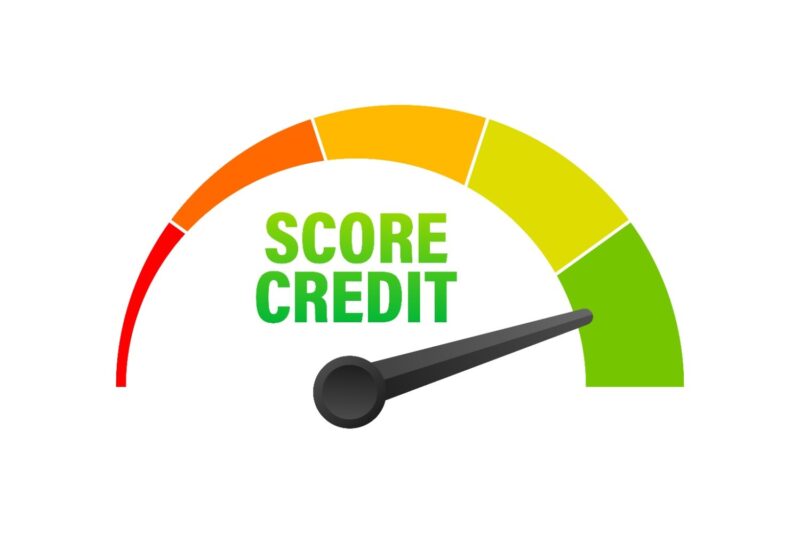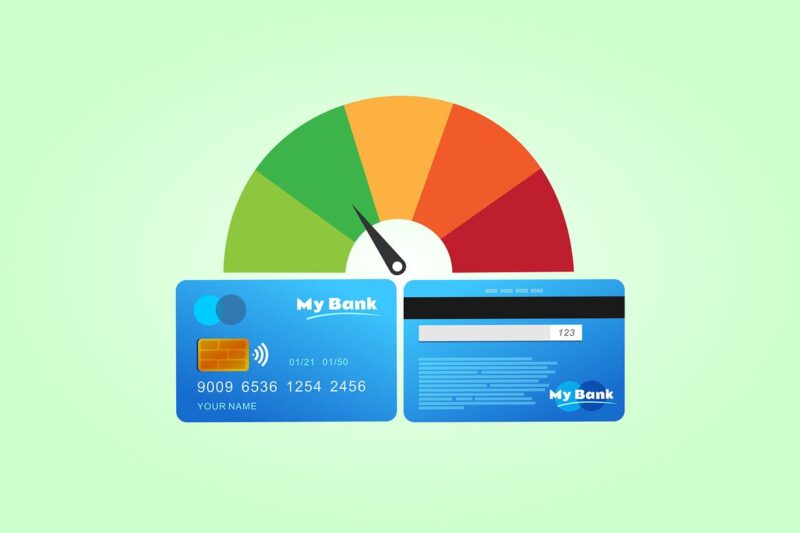Your FICO score can make or break your eligibility when it comes to taking out a loan or applying for a credit card. Few people truly understand how it operates or why it is so significant, despite many having heard of it. The first step to improving your credit profile is knowing your scores, whether you’re planning to take out a loan, purchase a car, or just keep your finances in check.
What Is a FICO Score?
A FICO score is a credit score developed by Fair Isaac Corporation (FICO). It is a score in the range of 300 to 850, a digit that typically represents your creditworthiness, in other words, how risky or reliable you are from the lender’s perspective.
The result of such a high score would be a greater possibility of having loans with better and lower interest rates. All in all, it is a numeric representation of your financial habits, a quick look at how good you are with credit and debt management, which is shown to banks and other lenders.
FICO Score Range Explained
Here is the simple breakdown of the FICO score range.
- Excellent (800-850) – outstanding credit history. You will probably be offered the best loans with the lowest possible interest rates.
- Very good (740-799) – good credit behaviour, most banks would trust your ability to pay back the loan.
- Good (670-739) – average or just slightly above, normally, you will get the standard credit products.
- Fair (580-669) – some banks may consider you not too safe; also, you would probably have to pay higher interest rates.
- Poor (300-579) – getting money from lenders would be hard due to your credit issues.
Factors That Affect Your FICO Score
Getting to know the factors that influence your score will allow you to make wiser financial decisions. The score is determined based on 5 major factors,
- Payment history (35%)
Your payment history is the most important factor. The absence of just one payment can be a cause for a fall in your score. Keeping up with your payments regularly and on time is the way to go if you want to keep a good score.
- Credit utilisation (30%)
This particularly indicates how much of your available credit is being utilised by you. In an ideal situation, the maximum utilisation of your credit should be less than 30% of your total credit limit. High utilisation indicates a greater risk for lenders.
- Length of Credit History (15%)
Having credit accounts for a longer period is a benefit. A longer credit history provides a clearer picture of your reliability for lenders over time.
- New Credit (10%)
Opening multiple accounts in a short period of time could negatively affect your score because it indicates the possibility of being financially unstable or depending too much on credit.
- Credit Mix (10%)
A variety of credit types, such as loans, credit cards, or mortgages, in your financial portfolio can be a positive factor in determining your score. It reveals that you are able to handle different kinds of credit responsibly.
Why FICO Scores Matter
Your financial standing is reflected in your score, which is more than just a number. When you apply for loans, credit cards, or even leasing agreements, lenders use it to evaluate your credit risk.
Having a high FICO score frequently results in,
- Lower interest in credit cards and loans
- A greater chance of new credit approval
- Better conditions for vehicle loans and mortgages
- Simpler access to luxurious financial products
A low score, on the other hand, could limit your financial options, leading to increased expenses or straight loan rejections.
Difference Between Credit Score and FICO Score
Even though they are not the same, many people mix up a credit score with a FICO score.
- Any numerical representation of your financial standing is referred to as your credit score.
- A FICO score is one specific model of credit scoring developed by FICO.
Although there are other models (such as VantageScore), banks and other financial institutions around the world continue to use the FICO score the most.
How Lenders Use FICO Scores
When you request a credit card, loan, or mortgage, your score is the main factor that lenders use to determine the possibility of repayment. It assists them in making the decision not only to accept or reject your application but also to determine the interest rate that they will offer.
A higher score means that the lender sees less risk, which is why you might get lower rates and more agreeable loan terms. Hence, your financial health needs to maintain a good score.
Ways to Increase Your FICO Score
Increasing your score is the result of persistence and good financial behaviour. Below are some practical measures,
- Pay bills on time – A single late payment can lower your score.
- Reduce outstanding debt – Cutting your credit card debt will improve your credit utilisation.
- Avoid too many credit inquiries – Take out new loans only when necessary.
- Keep old accounts open – Having a long credit history benefits your score.
- Monitor your credit report – Look for errors or inconsistencies that may negatively affect your score.
Minor adjustments to your financial behaviour can lead to major enhancements over a period of time.
Maintaining a Healthy FICO Score
It takes effort to keep your score up after you’ve raised it. Create a monthly budget to track expenses, pay off debts, and stay true to your spending limits. Keep in mind that your score changes based on the financial decisions you make.
To build a steady credit history, newcomers should start small, maybe with a low-limit loan or secured credit card. More financial opportunities will become available as your score increases over time.
Conclusion
In today’s financial environment, your FICO score plays a critical role in shaping your credit journey. It affects everything, including interest rates, loan approvals, and general financial credibility. Knowing your score gives you the ability to take control of your financial future through consistent and informed credit behaviour, not by accident.





This post is a great reminder that your credit score is not just a number—it’s a reflection of your financial habits. I think a lot of people overlook the importance of small things like credit utilization and payment history.